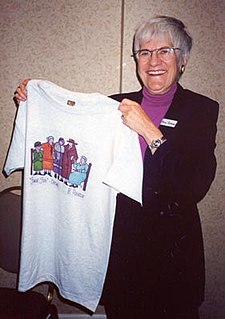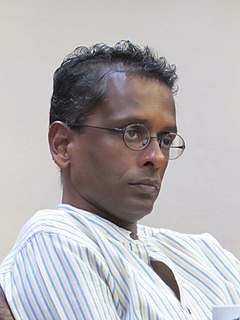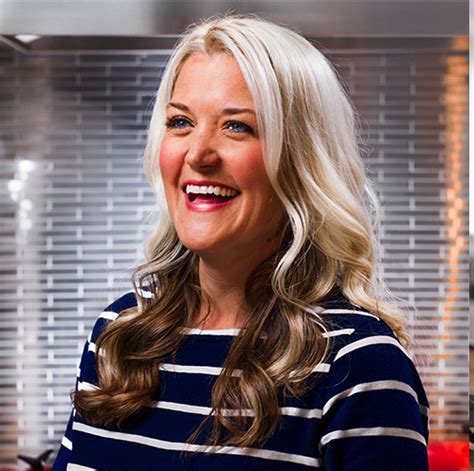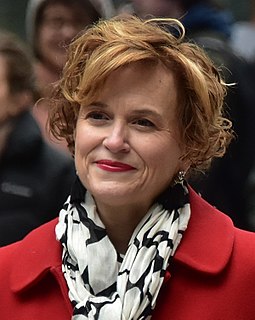A Quote by Ivan Illich
It is really an alienation to believe that learning is the result of teaching.
Related Quotes
Teaching is more difficult than learning because what teaching calls for is this: to let learn. The real teacher, in fact, lets nothing else be learned than learning. His conduct, therefore, often produces the impression that we properly learn nothing from him, if by "learning" we now suddenly understand merely the procurement of useful information.
I believe that God is making all things new. I believe that Christ overcame death and that pattern is apparent all through life and history: life from death, water from a stone, redemption from failure, connection from alienation. I believe that suffering is part of the narrative, and that nothing really good gets built when everything's easy.
Remember, I'm the guy who didn't want the referendum - I wouldn't have had it if I'd been prime minister. But you have to respect how people voted because this was partly about political alienation, so if the response to political alienation is to ignore it, that's a recipe for more political alienation.
My teaching is not a philosophy. It is the result of direct experience...
My teaching is a means of practice, not something to hold onto or worship.
My teaching is like a raft used to cross the river.
Only a fool would carry the raft around after he had already reached the other shore of liberation.
In my own research, teaching and consulting experience I have to combine lessons from the field in a relatively inductive and open fashion with theoretical frameworks and conceptual arguments. The skills to deal with theory and conceptualization are a direct result of my formal education - reading, learning and conversations with other PhD students.





































